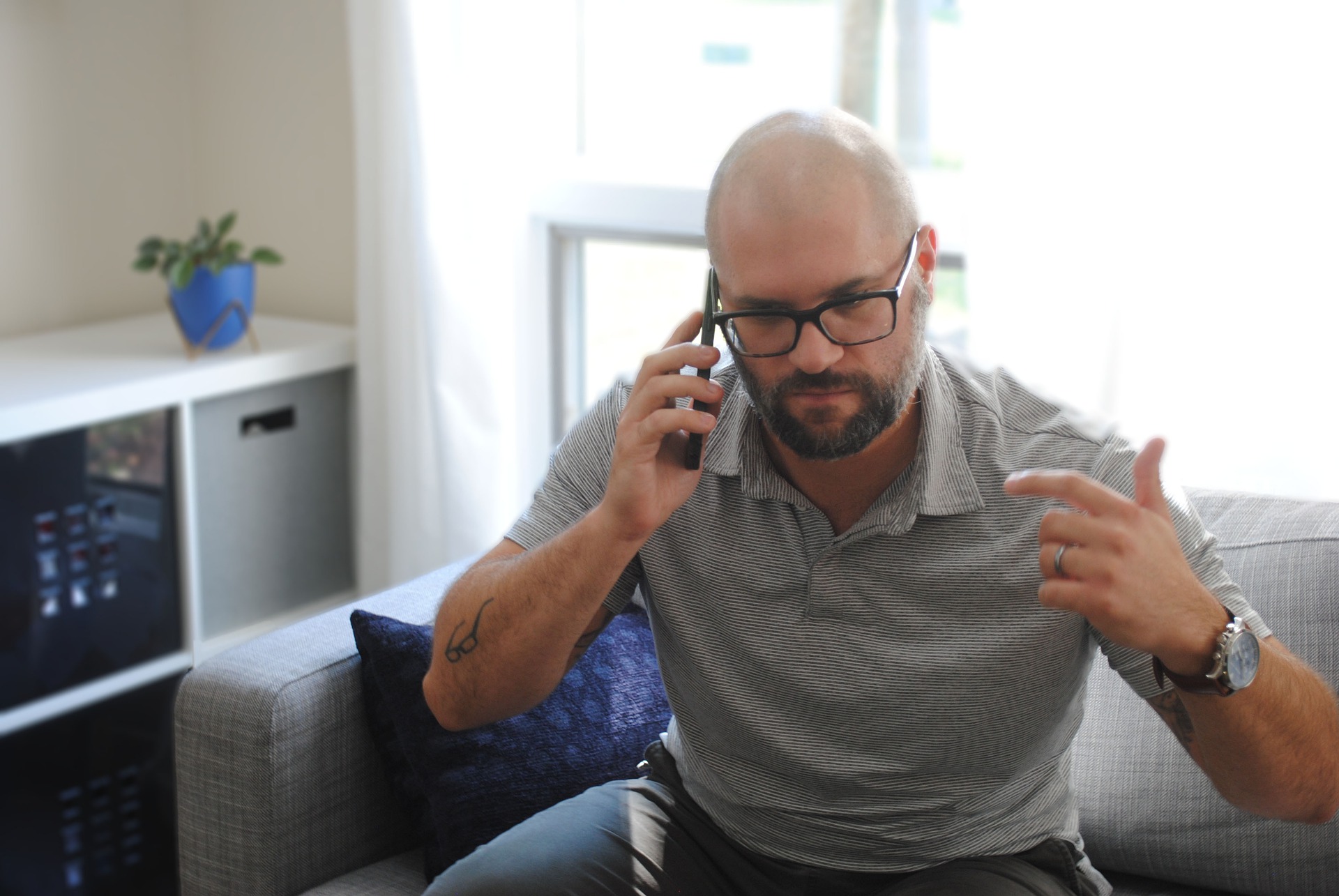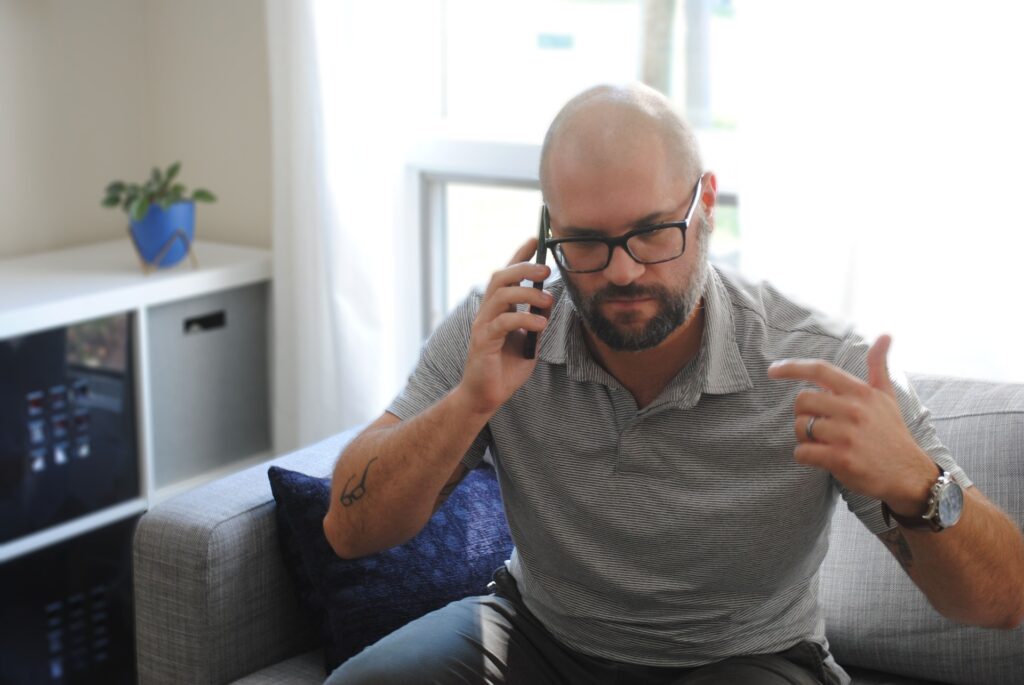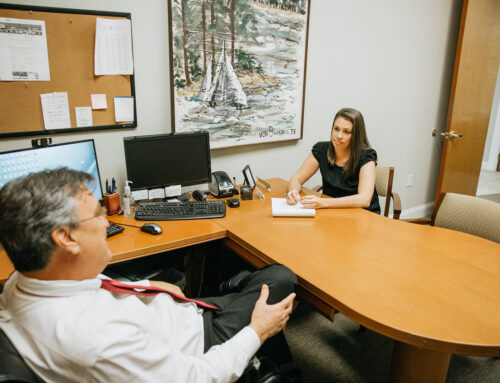Filing for bankruptcy is a significant decision, but it is one that people make every day. Research has proven that the most common cause of personal bankruptcy filing is the loss of income when a job is lost. Most people settle into a comfortable life based on their household income. They maintain reasonable debt levels, join subscription services, and pay everyday bills within their budget. However, a sudden job loss can make all of those payments challenging, especially if a medical situation is involved. Often these two situations result in a nearly insurmountable pile of unpaid bills, and filing bankruptcy may become necessary.
While job loss is the most common reason for filing, many motivating factors influence an individual’s decision to pursue legal bankruptcy protection.
- Erasing the legal obligation to pay off debt: The purpose of a bankruptcy discharge is to reduce debt and provide a fresh financial start. Declaring bankruptcy can help to eliminate debt obligation, with the most common debts erased being credit cards, medical bills, personal loans, and student loans. Most debt can be discharged through either Chapter 7 bankruptcy or Chapter 13 bankruptcy.
- Stopping the foreclosure process: Chapter 13 bankruptcy can stop the foreclosure process, allowing a homeowner to make payments to catch up on mortgage payments. If a person cannot make the necessary mortgage payments, the lender has the right to seize assets and apply the money to the debt.
- Prevent car repossession: Filing bankruptcy after your car has been repossessed could compel the creditor to return the vehicle – if the filing happens quickly enough. Past missed payments are consolidated into the bankruptcy plan, and future payments are made through the trustee.
- Reduce costly medical bills: An unexpected medical event can devastate personal finances, whether it involves an accident or an illness. Families often have to make hard choices regarding which bills get paid. Filing Chapter 7 can significantly reduce the number and amount of medical bills to make fulfilling other financial obligations more manageable.
- Stop harassing creditor calls: Creditors will often engage in abusive behavior when attempting to collect a debt. These methods are unethical at best and illegal at worst – and can cause excessive anxiety and stress. Bankruptcy will put the demands of many creditors on hold and stop the harassing phone calls.
- Prevent the shut off of utilities: If foreclosure is a risk, the utility bill may also be delinquent, and services are at risk of being shut off. Filing bankruptcy can make sure the utility company leaves the power on.
- Provide relief from student loan debt: While the bankruptcy process will typically not eliminate student loan debt like many other kinds of unsecured debt, bankruptcy can consolidate this debt and allow monthly payments through the Chapter 13 payment plan.
- Prevent wage garnishments: Chapter 7 Bankruptcy will stop wage garnishment, a process that claims the debtor’s weekly earnings – often leaving the debtor without basic necessities. Chapter 7 Bankruptcy permits the purchase of necessities.
- Challenge specific claims of fraudulent creditors: Bankruptcy permits an individual to challenge inflated creditor claims (when creditors attempt to collect more than is owed.) A bankruptcy attorney can offer the needed support and expertise to effectively fight these creditors and limit fraudulent reporting about your status. Legal professionals give the individual a fighting chance against a large corporate creditor.
Richard V. Ellis is a Sarasota bankruptcy attorney with decades of experience helping families to overcome their financial challenges by filing bankruptcy.






